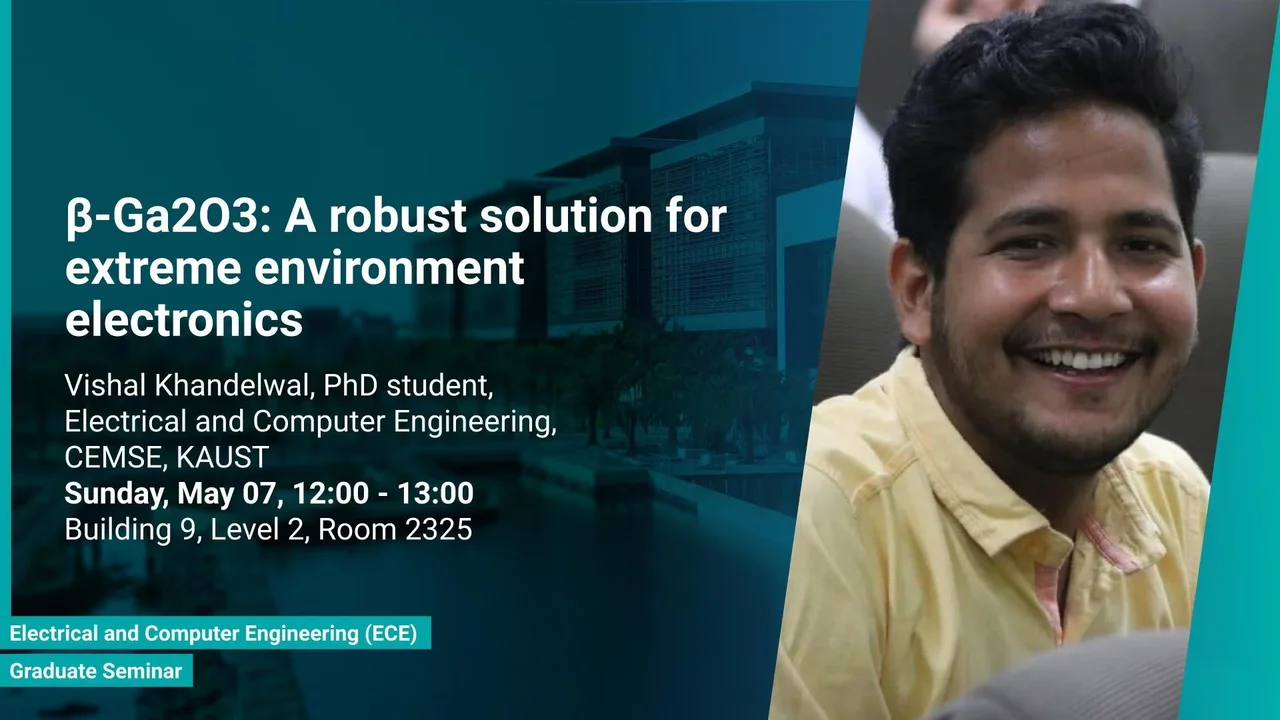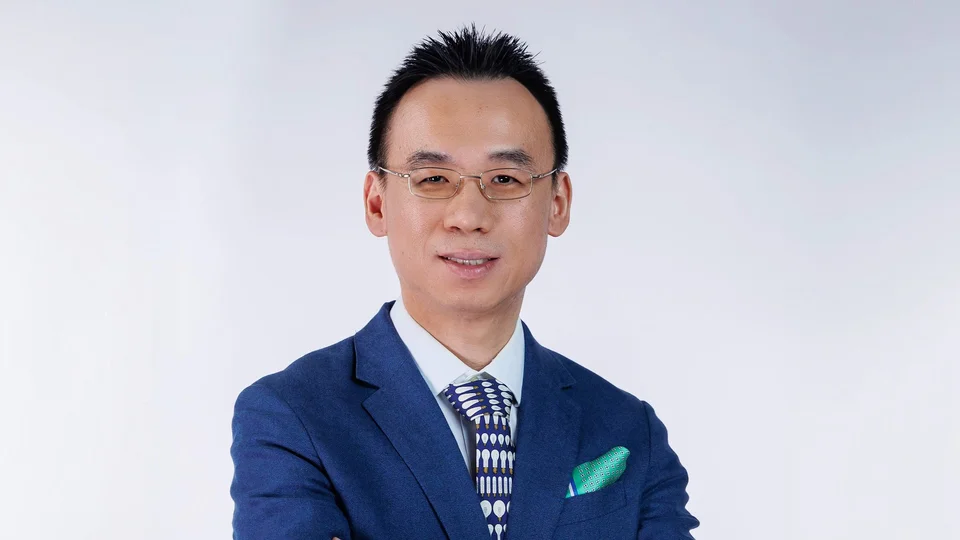
β-Ga2O3: A robust solution for extreme environment electronics
In this talk, I will be talking about β-Ga2O3 based monolithically integrated logic circuits and flash memory devices toward extreme environment operations. Moreover, the important challenges in material and device fabrication for realizing this technology will be discussed. Finally, I will introduce the promises of β-Ga2O3 at low-temperature (~ 4 K) operation for space electronics applications.
Overview
Abstract
Electronic devices operating in extreme environments could significantly advance energy-conversion technologies, industrial manufacturing processes, transportation, and the space exploration sector. For many years, silicon (Si) has been the dominant semiconductor in almost every aspect of electronics. Si is unmatched in integrated circuits and is pushing the boundaries of Moore’s law. Also, it has become very cheap to manufacture as it can be fabricated on 12-inch wafers. However, the main downside of Si is for the application in extreme environments such as low- or high-temperature, and radiation environments. For instance, Si-based electronics cease to function at high temperatures (>150 °C) without active cooling. Besides, Si has limitations in power switching and radio frequency (RF) applications.
To address these issues, an approach is to realize robust electronics suitable for extreme environments. In recent years, β-Ga2O3 has emerged as a promising semiconductor owing to its ultra-wide bandgap of 4.8 eV, and sustainability for extreme environment operations. Most importantly, it has low-cost mass wafer production like Si. Moreover, it has a high breakdown electric field of 8 MV/cm which is advantageous for high-power switching applications. In this talk, I will be talking about β-Ga2O3 based monolithically integrated logic circuits and flash memory devices toward extreme environment operations. Moreover, the important challenges in material and device fabrication for realizing this technology will be discussed. Finally, I will introduce the promises of β-Ga2O3 at low-temperature (~ 4 K) operation for space electronics applications.
Brief Biography
Vishal Khandelwal is a Ph.D. candidate in the Advanced Semiconductor Laboratory in KAUST since August 2020. He obtained his master’s degree in physics from the Indian Institute of Technology (IIT), Jodhpur in 2020, and a bachelor’s degree in physics from the University of Delhi in 2018. His research focuses on epitaxy and fabrication of β-Ga2O3 devices and electronics for extreme environment operations. He is the author/co-author of 6 peer-reviewed journal papers and 3 international conference papers.
